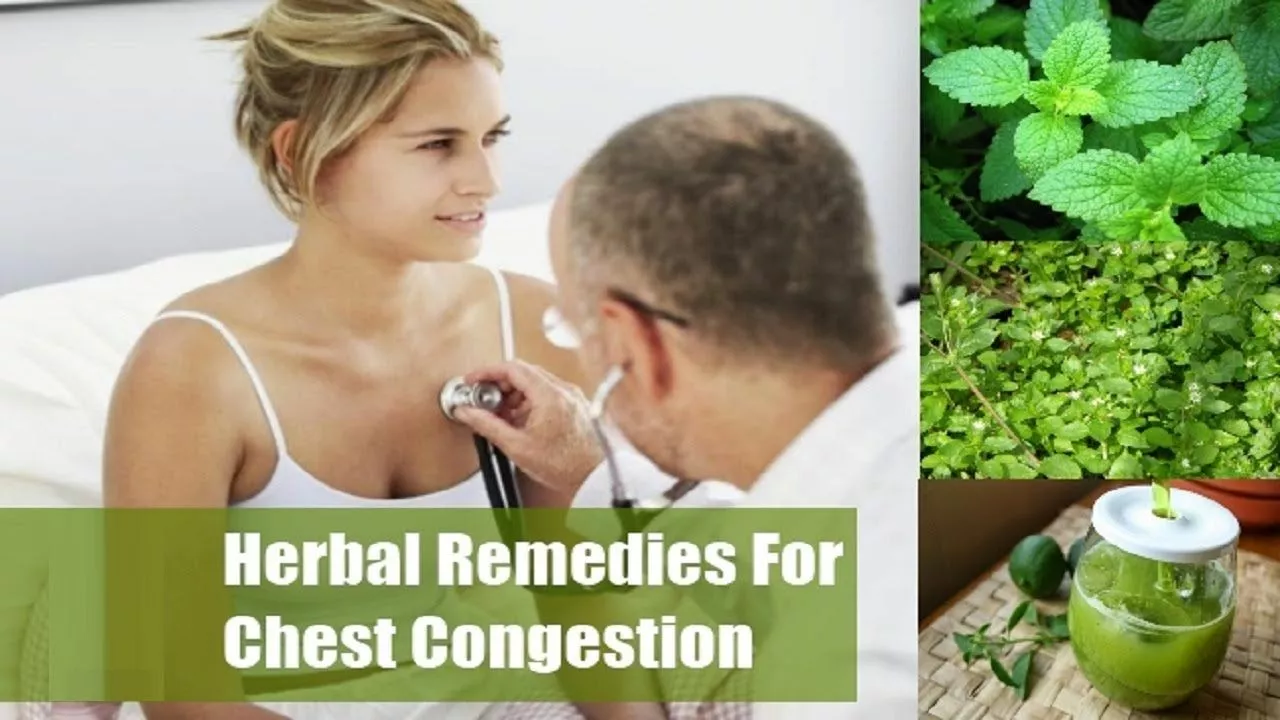Herbal Teas: Benefits, Brewing & Safety Tips
Herbal teas are more than a cozy drink. They can ease nausea, calm your mind, help digestion, and sometimes affect medications. Knowing which tea does what and how to brew it makes a real difference—both for results and safety.
How to brew herbal tea the right way
Start simple: use fresh water and a clean mug. For leafy or floral herbs (chamomile, peppermint, rooibos, hibiscus), pour water just off the boil and steep 3–7 minutes. For roots, barks, or seeds (ginger, licorice, dandelion root), simmer or steep in boiling water 10–15 minutes—these need more time to release their active parts.
Use about 1 teaspoon of dried herb or 1 tablespoon if you like it stronger, per 8 oz cup. One or two cups a day is fine for most mild herbs. If an herb is potent (licorice, kava, St. John's wort), stick to lower amounts and short periods unless a clinician says otherwise.
Quick tips: cover while steeping to keep oils in the cup, strain before drinking, and store dried herbs in an airtight container away from light and heat for up to a year.
Common herbs and what to watch for
Chamomile: Gentle and calming. Can cause reactions in people allergic to ragweed and may boost bleeding risk if you take blood thinners like warfarin.
Peppermint: Great for bloating or upset stomach. Avoid if you have reflux—peppermint can relax the valve that keeps acid down.
Ginger: Effective for nausea and motion sickness. It may slightly thin the blood, so use caution with blood thinners.
Hibiscus: Tastes tart and can lower blood pressure. If you’re on blood pressure meds, check with your provider before drinking large amounts.
Licorice (real licorice root): Can raise blood pressure and lower potassium. Don’t use regularly if you have high blood pressure, heart disease, or take diuretics.
St. John's wort: Used for mild mood support by some people, but it interacts with many prescription drugs by changing how the liver breaks them down. Avoid without medical advice.
Kava: May help anxiety, but has been linked to liver injury. Don’t mix with alcohol or powerful medications and avoid long-term high-dose use.
If you’re pregnant, breastfeeding, or taking prescription medications, ask a pharmacist or doctor before trying new herbal teas. That’s the smartest move—small daily habits can change how your medicines work.
Want a simple rule? Treat powerful herbs like medicine: use them carefully, know the dose, and check interactions. For mild everyday comfort teas (chamomile, peppermint, rooibos), a cup or two a day is a low-risk way to enjoy the benefits.
- Colin Hurd
- Jul, 6 2023
- 16 Comments
The Benefits of Herbal Teas for Chest Congestion
In my latest blog, I've explored the remarkable benefits of herbal teas in alleviating chest congestion. I found that natural herbs like ginger, peppermint, and eucalyptus found in these teas can help loosen mucus and soothe sore throats. Additionally, I've learned that herbal teas can provide a natural and side-effect free solution and enhance the body's immune response. I was really impressed by the immediate relief they offer, especially when coupled with other treatments. It's a must-read for anyone dealing with this common winter ailment.

